My good friend and colleague, Gavin McHale, is back with another excellent guest post today. He’s been on a tear of late writing some stellar content for this site.
We’re all our own worst enemy, and for many, stepping outside our comfort zones and taking risks (calculated or not) in an attempt to grow our fitness business can be a daunting (if not sphincter clenching) task.
Gavin provides some sage advice how how to NOT let this happen moving forward.
Enjoy!

The 4 Steps to Never Ending Growth
It was the summer of 2014 when I first read a blog article alluding to the “laptop lifestyle.”
I was immediately hooked.
Not because I was hoping to sip mai tai’s on the beach while my clients worked their asses off to a shitty, templated training program like the article seemed to suggest would be the case, though.
While I had some thoughts of grandeur that my life would drastically change, I was mostly aware that this lifestyle the blogger spoke of wasn’t all rainbows and butterflies.
So I did what any 27-year-old personal trainer with zero business or marketing experience would do. I paid someone too much money to build me a (shitty) website and started an Instagram page for my business. I had no plan or idea what I was doing, but I knew this was part of the path to laptop lifestyle freedom.
It had to be, right?
I’ll throw a few blogs up on the website and make some educational posts on Instagram and they’ll be flinging their credit cards my way, salivating to buy my yet-to-be-figured-out online training programs.
I’m sure you already know that didn’t happen.
For the weeks and months following, I got crickets.
So, like any savvy business person would do when no one is buying the high-priced 1-on-1 online training option, I lowered my prices. In fact, I went all the way from offering $1000 training services to $29 e-books.
Guess how many of those I sold.
And even though this little story is quite fun in hindsight, neither of those decisions were where I truly went wrong, but I’ll get to that in a minute.
As my online business continued to flounder and take up more and more of my time and energy, I began to become soured to the whole process.
My in-person training business was still ticking along as it had been for several years now.
- 6:30AM-12:30PM – chalk full semi-private sessions
- 3:30PM-6:30PM – mostly full private and semi-private sessions
Evening hockey practice to make some extra cash, toiling away in a freezing cold rink once a week all winter.
Rinse, repeat.
The issue wasn’t even really the money at the time.
I was making enough to pay the bills and live comfortably.
I could pay the mortgage and put food on the table, but it was the way in which I was making it that wasn’t working for me.
I now realized my potential income was choked out by the amount of hours and energy I had, and that if I ever wanted a different lifestyle that included things like seeing my spouse or having a family, things would need to be different.
And as I continued to grind for 60 hours a week, while trying unsuccessfully to build a more sustainable business online during every single non-gym-floor hour, my ego led me to believe this wasn’t for me anymore.
What had started off as such a promising option 18 months before had become a stupid idea that “wasn’t for me.”
I told myself I was an in-person coach (and I was a good one) and that online coaching was stupid and only for those who couldn’t make it in person.
I thought I was taking the righteous road.
I told myself this was the path and stood strong in that belief.
Except I kept seeing other good coaches, whom I respected, rapidly building online businesses. They were leveraging their skills into something that kept the quality while also being scalable. Some got to the point they were so busy they had to give up their in-person clients so they could focus on working from anywhere, at any time while raking in the cash.
Seriously… what the actual fuck?
Let’s get back to what went wrong here. I was caught in the Vicious Cycle of Imposter Syndrome.
Let me explain the steps of this cycle.
1. Feel Fear

It was scary to do something I wasn’t good at.
I had always been good at everything I tried – school, hockey, in-person training – and when I wasn’t very good at marketing or using social media, I quit (because I was scared).
2. Make Excuses
The excuses comin’ out of me were so fast and believable, that I became an expert in them.
- I was too good in-person.
- I wasn’t built to work with people online; I’d rather be in person.
- The market was saturated.
- No one knew the guy from little old Winnipeg, Canada (as if location had anything to do with working online…).
I made such compelling arguments that even I started to believe them.
I see this in the trainers I speak to regularly. They have become so entrenched in this set of false truths that it’s hard to pull them out of it.
3. Don’t Take Action
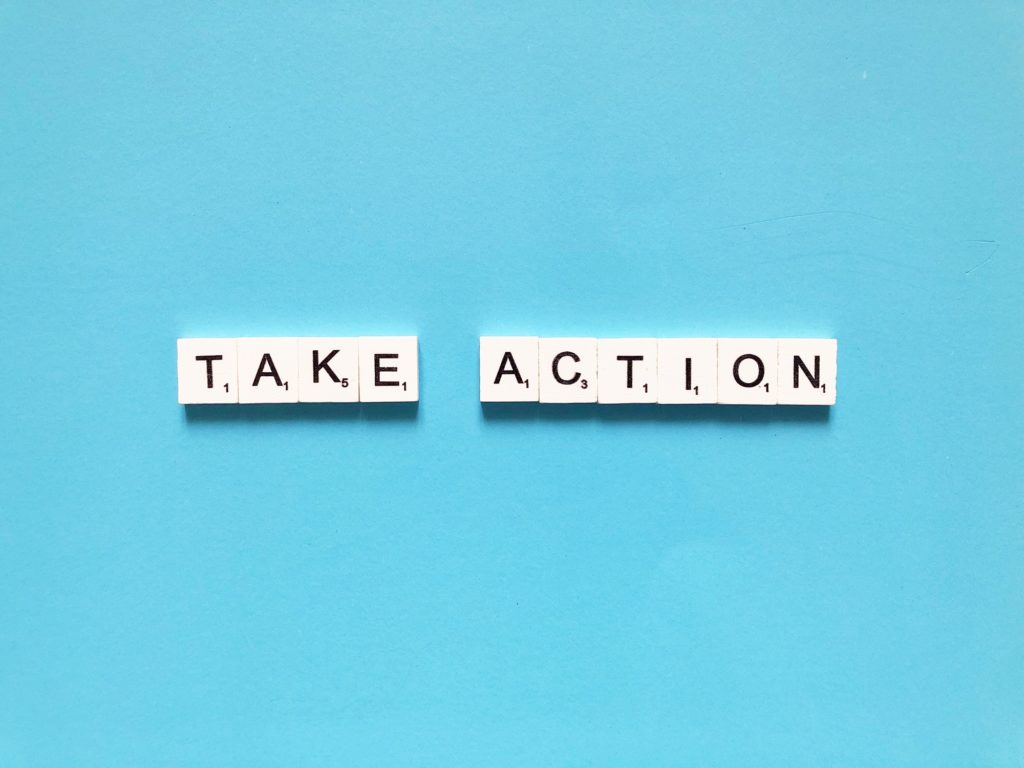
Like I said earlier, I did take action originally. I started a social media page and made a website. I tried to sell training and e-books.
When none of it worked the way I expected it should, I stopped taking the actions required to build an online business.
At the very least, I half-assed them, telling myself they wouldn’t work before I even hit publish or post.
I stonewalled my success before it even had a chance.
When that action proved to be more trouble than it was worth (fulfilling my prophecy), I gave up on it before it had a chance to succeed.
And as you’ll see in the virtuous cycle of growth below, I missed one crucial step on the path to success, bringing it all crumbling down.
4. Expect Different Results
Through all of this, even though I was quickly spiraling and not seeing any results with the actions I was taking, I continued to hope for someone to fall through the cracks.
I continued to make the same type of boring, educational, poorly written posts, expecting for more likes or thinking “this one will go viral”.
And what’s worse than going all in on something and failing is half-assing it, hoping it will work out but deep down knowing what you’re doing is not working and will never work.
Because I didn’t look for another way, I just kept ramming a square peg into a round hole, while it kept trying to tell me to do something different.
I allowed a lack of results to strengthen the resolve that I wasn’t good enough.
Does that pattern sound vaguely familiar?
I know this pattern too well, not only because I repeated it over and over for 18 months (and still fall into it sometimes), but because I see and hear trainers – really good trainers – saying the exact same things to me on a weekly basis.
So the goal of my program is now to flip the script from the vicious cycle of imposter syndrome to the virtuous cycle of growth.
Virtuous Cycle of Growth
1. Feel Fear

Notice how this step is the same in both the vicious and virtuous cycle?
You’re never going to outrun fear. Fear will always be present. Your job is to feel it, harness it, and act anyway.
Fear and the parts of you that bring it to the surface are just doing their job. They’re just trying to keep you safe.
It’s an evolutionary trait that has kept humans alive and evolving for thousands of years.
But being afraid of getting attacked by a lion in the desert is a lot different than being scared to ask someone if they need help with their training.
One results in possible (probable) death.
The other results in a hit to the fragile ego.
Very different.
2. Take Messy Action (Knowing It Will Be Incomplete Or Wrong)
Action is a funny thing, because it’s often the thing that’s scariest, but also the thing that will help you see that it’s not as scary as you think.
I’ve noticed that we’re all very good fiction writers in our own brains. We pen tragic and imaginative stories about what will happen when we ask the person out, how our clients will react to a price increase and what all our friends will say behind our backs when we make that vulnerable post.
And the only way to know that’s not the case, is to take the fucking action.
- Ask them out.
- Raise your prices (more than you think).
- Make the post.
The messier, the better.
Because I never learned anything from an A+ on a test. But, if you handed me back a D, I’d sure as shit study harder next time.
3. Seek Feedback
Here’s the super important step I missed in my first attempt at building an online business.
I felt the fear and took action anyway. Maybe I was so naive that the fear didn’t even register, but I can give myself that.
What I missed was asking for feedback, or even looking for feedback. The pure lack of engagement on my social media content was trying to give me feedback. The lack of clicks and website visits after the initial surge from family and friends was trying to give me feedback.
The overall lack of any measurable results was trying to give me feedback.

But I was too proud to see it.
See, I always thought the only feedback came from parents or coaches or people who otherwise knew better than me.
I thought I had to ask, but in this case I had no one to ask.
And while a coach or mentor is absolutely valuable as an outside observer, feedback can be found after every single intentional action you take.
Did it produce the results I hoped for? Why or why not?
Keep asking questions and you’ll get the feedback you need to either change course or double down on what you’re doing.
I look at feedback as the final number in those annoying high school combination locks. You can do everything else – take messy action in the face of fear, but without feedback, you’re left running around like an idiot doing everything for everyone and never knowing what’s worked.
4. Recalibrate and Take More Messy Action
Here’s where the virtuous cycle really takes off.
Once you take an action (any action, really) and seek feedback, your next action is even more calibrated. The more you can repeat this process, the more calibrated and purpose-driven your actions will become.
In this scenario, there is no way you can lose.
You will either hit it out of the park, or you’ll learn, tinker and keep iterating until you hit it out of the park.
Closing Thoughts
So, if you’re anything like I was back in my laptop lifestyle chasing days, things are probably going pretty well for you.
I will leave you with one final piece of advice before signing off, because the drive to take action on a blog post can be low when things are going pretty well.
The question you must ask is, “Is this what I want to be doing in 10 years?”
Is this my version of my “best life”?
If it is, GREAT!
Use that as feedback and double the fuck down.
If it’s not, then it’s time you take some action, no matter how scared you are, towards the lifestyle and business you truly want.
And believe me, it is possible.
After several coaches and tens of thousands of dollars invested, I built a hybrid business that paid me 6-figures a year and allowed me to travel for 3 weeks at a time while my clients still got great results and were waiting for me when I came back.
If I can do this, so can you.
About the Author
 As a Kinesiology graduate, Gavin McHale quickly realized that following the traditional business model would lead to trading more time for more money.
As a Kinesiology graduate, Gavin McHale quickly realized that following the traditional business model would lead to trading more time for more money.
Over the course of 8 years, Gavin built a 6-figure hybrid training business before founding the Maverick Coaching Academy in 2019.
Since then, Gavin has left the gym and gone all in helping other strength coaches build their businesses. He has made it his mission to fix the broken fitness industry and connect other amazing humans to the highest version of themselves.
Check out his FREE course for trainers, coaches and therapists that will kickstart your path to a more sustainable business.
The Coach’s Playground Podcast
IG – @gavinmchale1




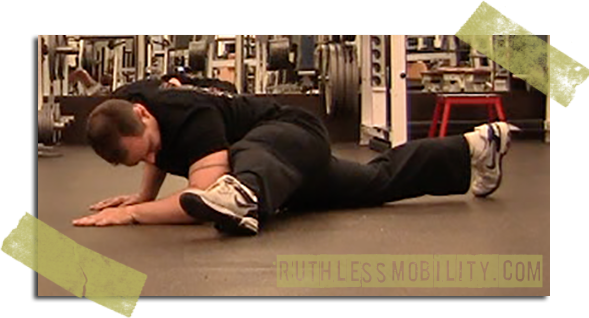
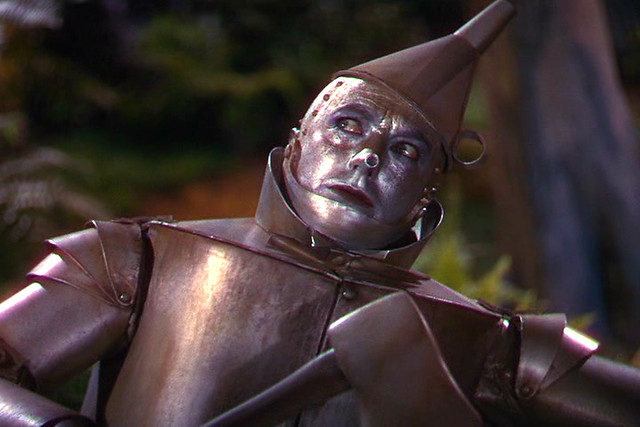
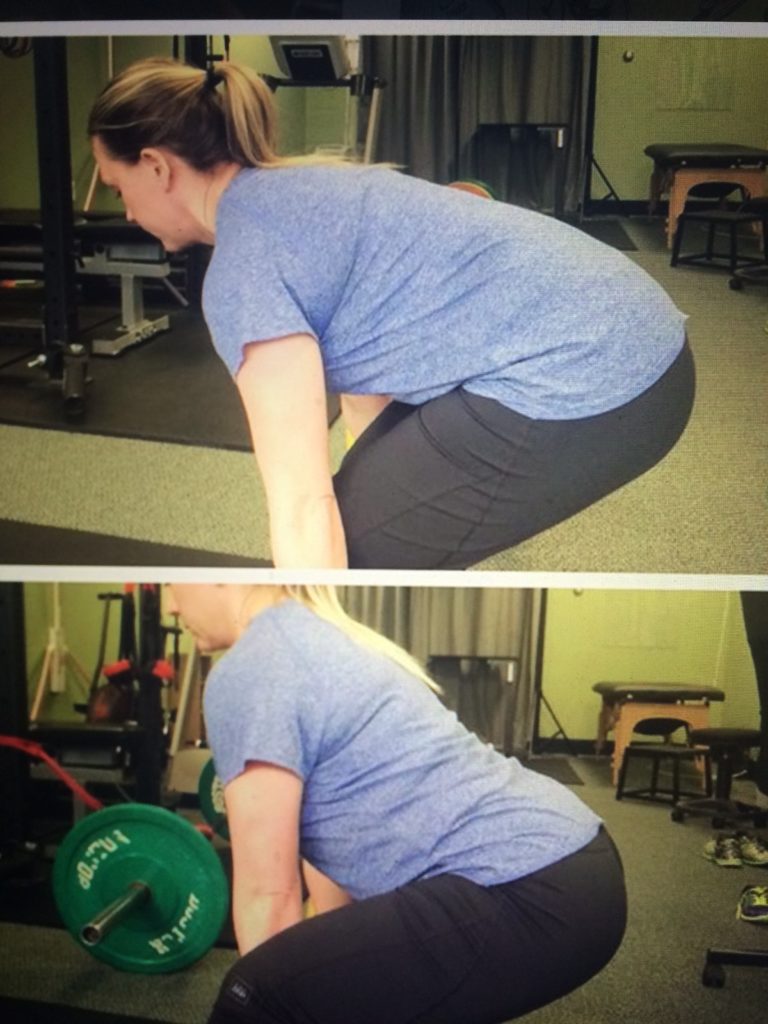
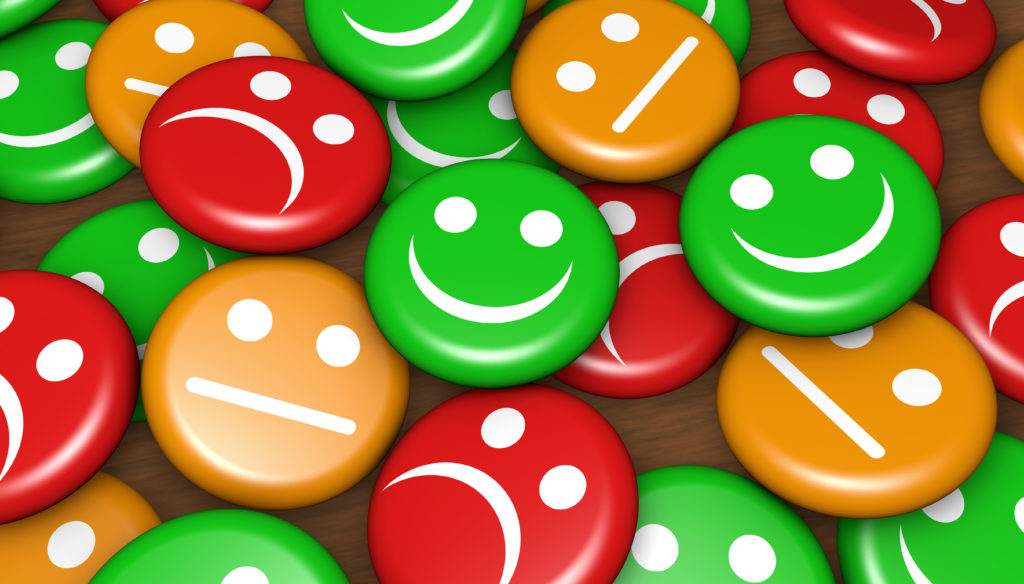



 Elsbeth Vaino is a personal trainer and gym owner at Custom Strength in Ottawa, Canada, where she and her team primarily train regular people who don’t love the gym but do like what going to the gym allows them to do. Before becoming a trainer, she worked as an electronic warfare engineer (you know, same old story). Check her out on Instagram (
Elsbeth Vaino is a personal trainer and gym owner at Custom Strength in Ottawa, Canada, where she and her team primarily train regular people who don’t love the gym but do like what going to the gym allows them to do. Before becoming a trainer, she worked as an electronic warfare engineer (you know, same old story). Check her out on Instagram (



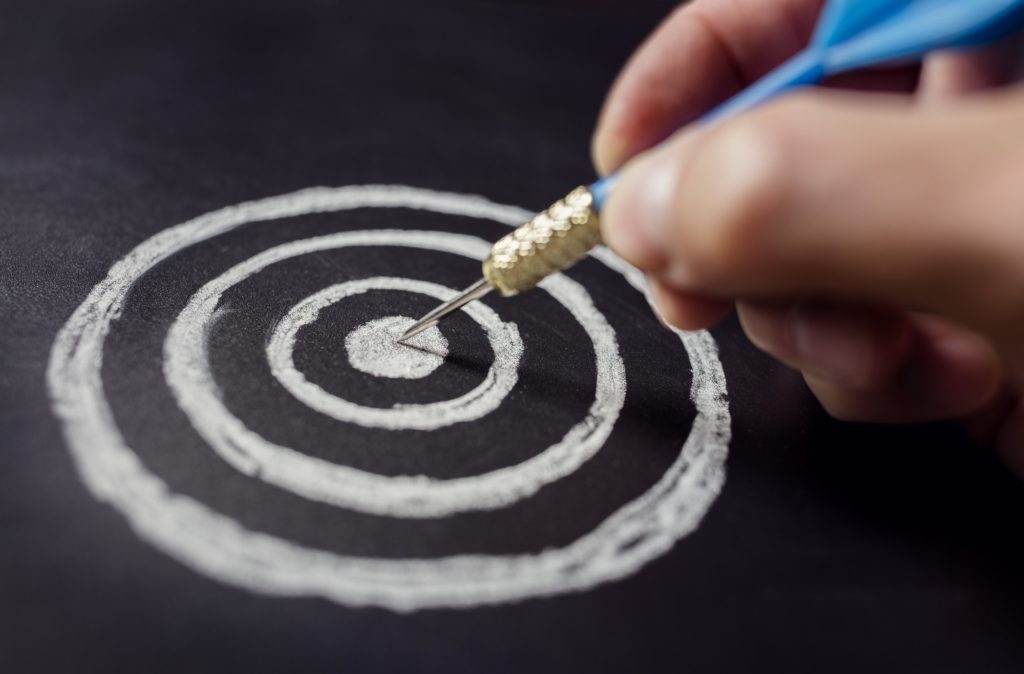
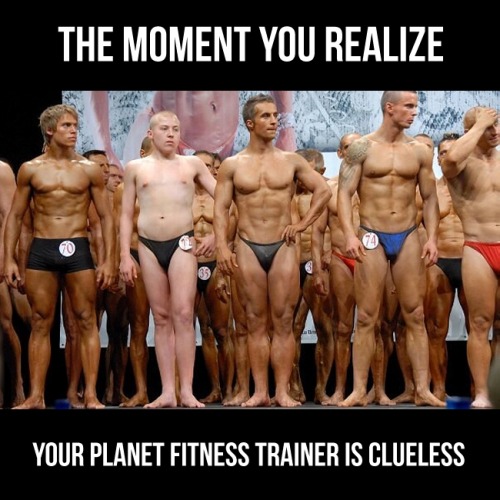

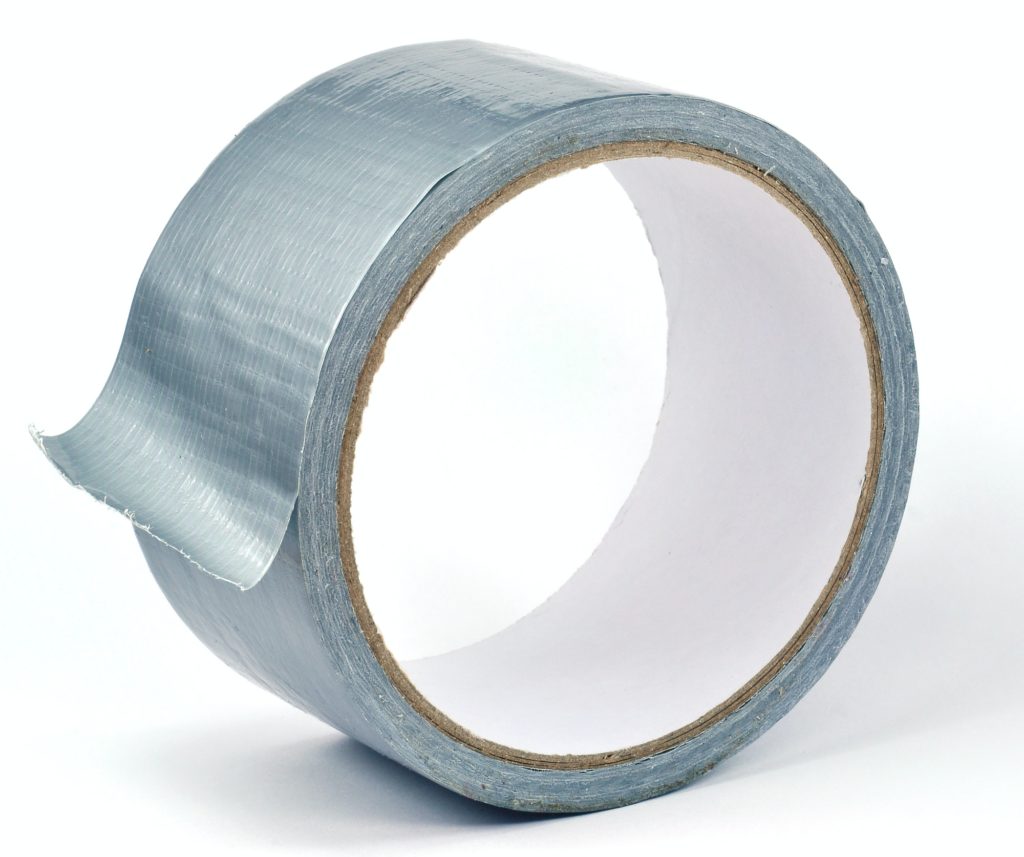
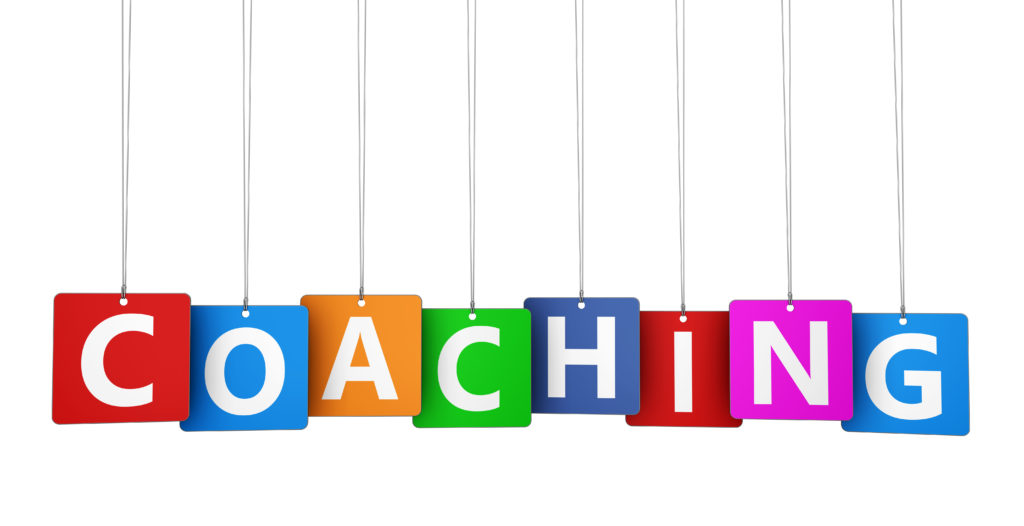




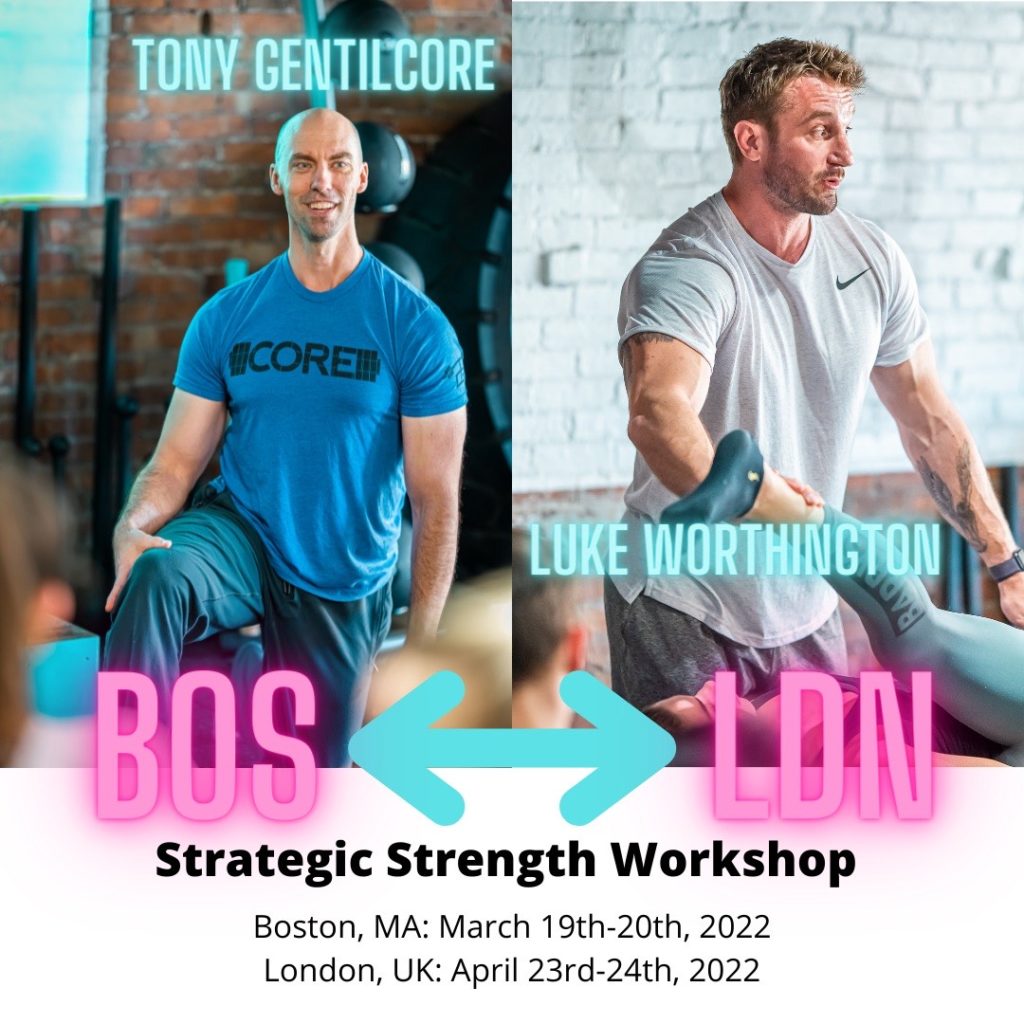
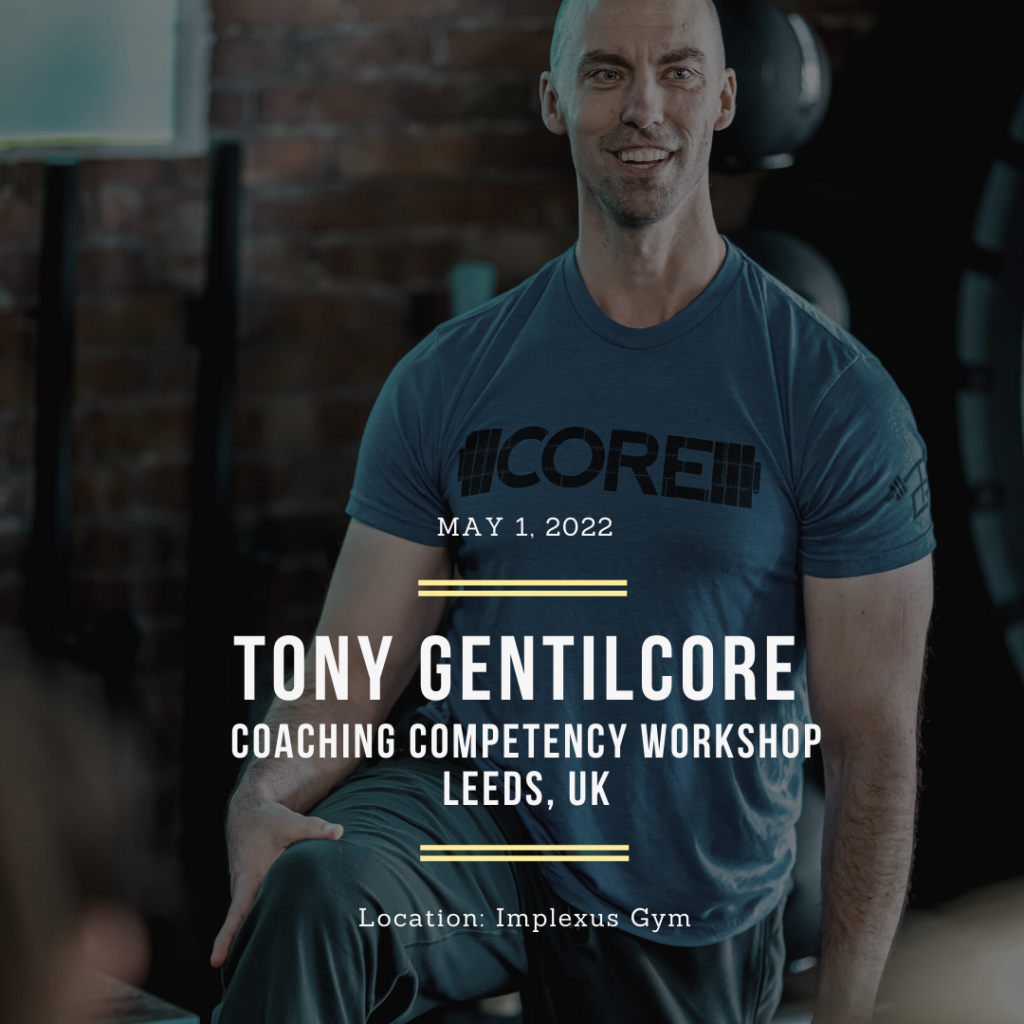

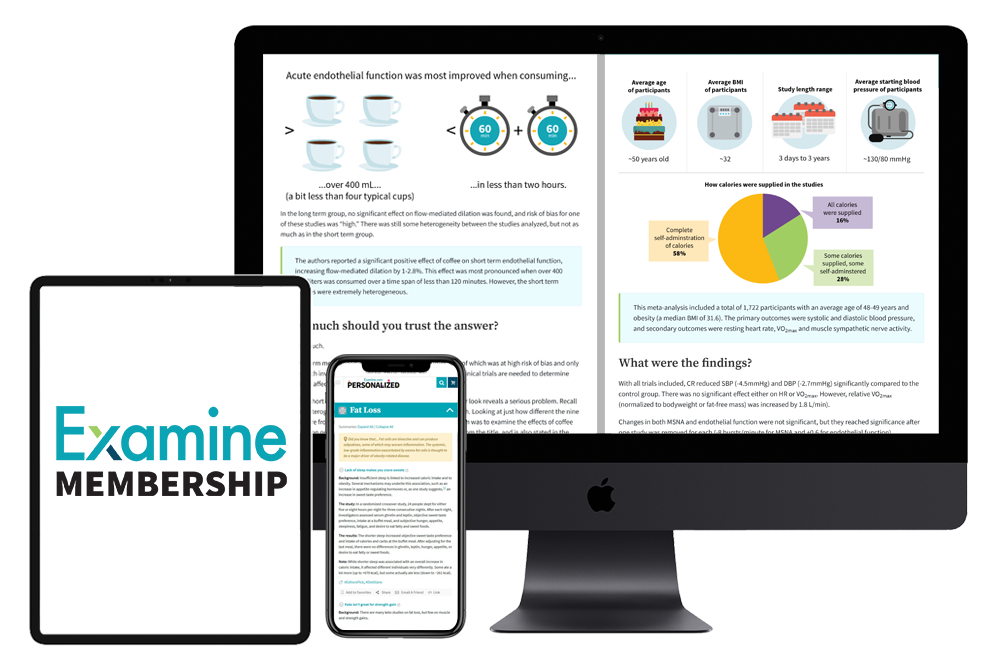



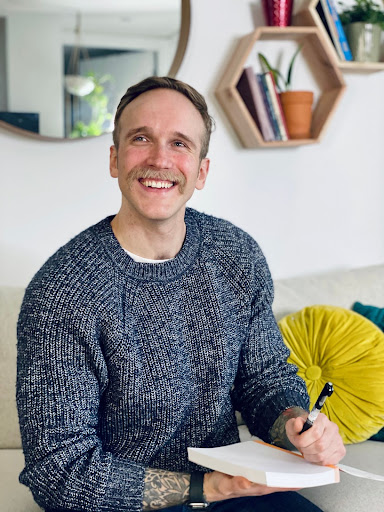 Paul Levitin spent a decade as a personal trainer & strength and conditioning coach, becoming the number one trainer in his entire company, while collecting over 30 certificates (CES, CSCS, PRI, PN1, FRC, & many more).
Paul Levitin spent a decade as a personal trainer & strength and conditioning coach, becoming the number one trainer in his entire company, while collecting over 30 certificates (CES, CSCS, PRI, PN1, FRC, & many more).

